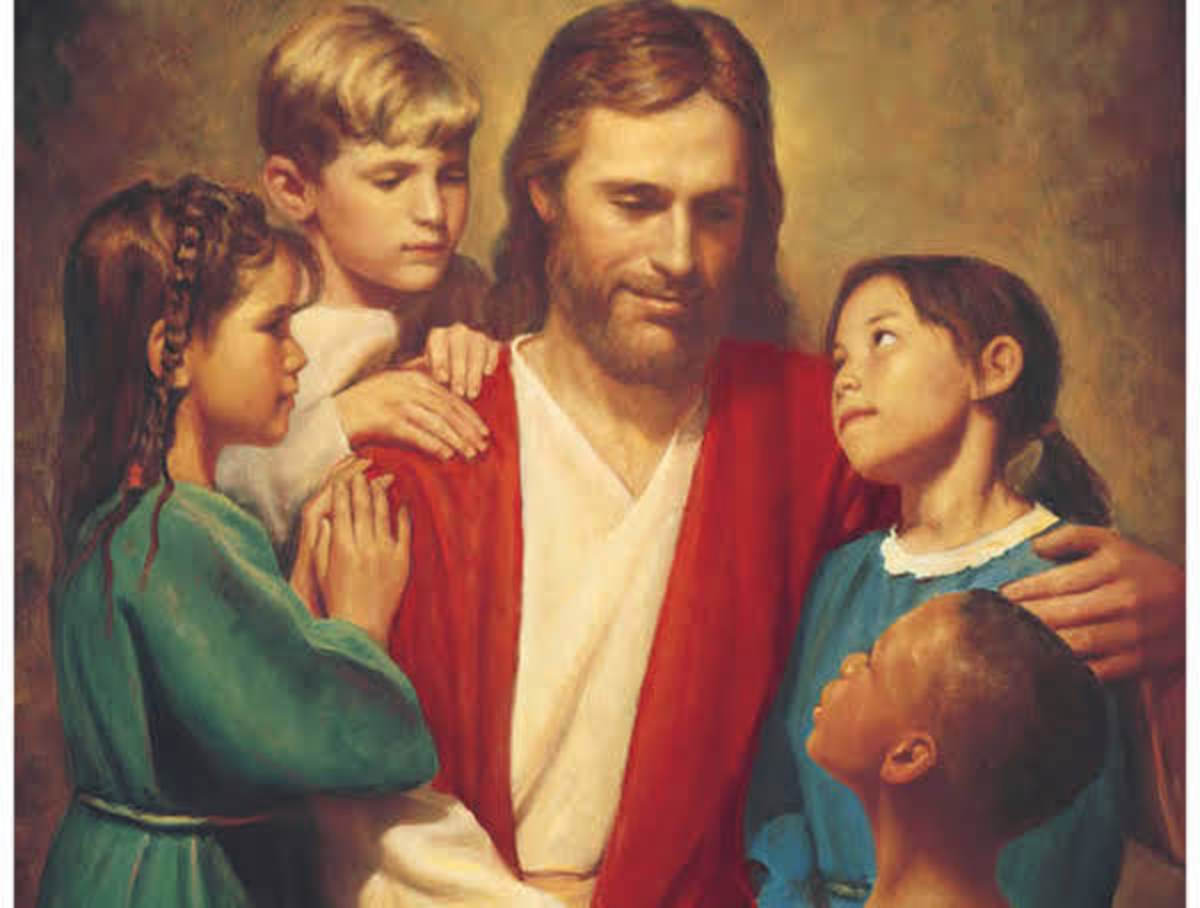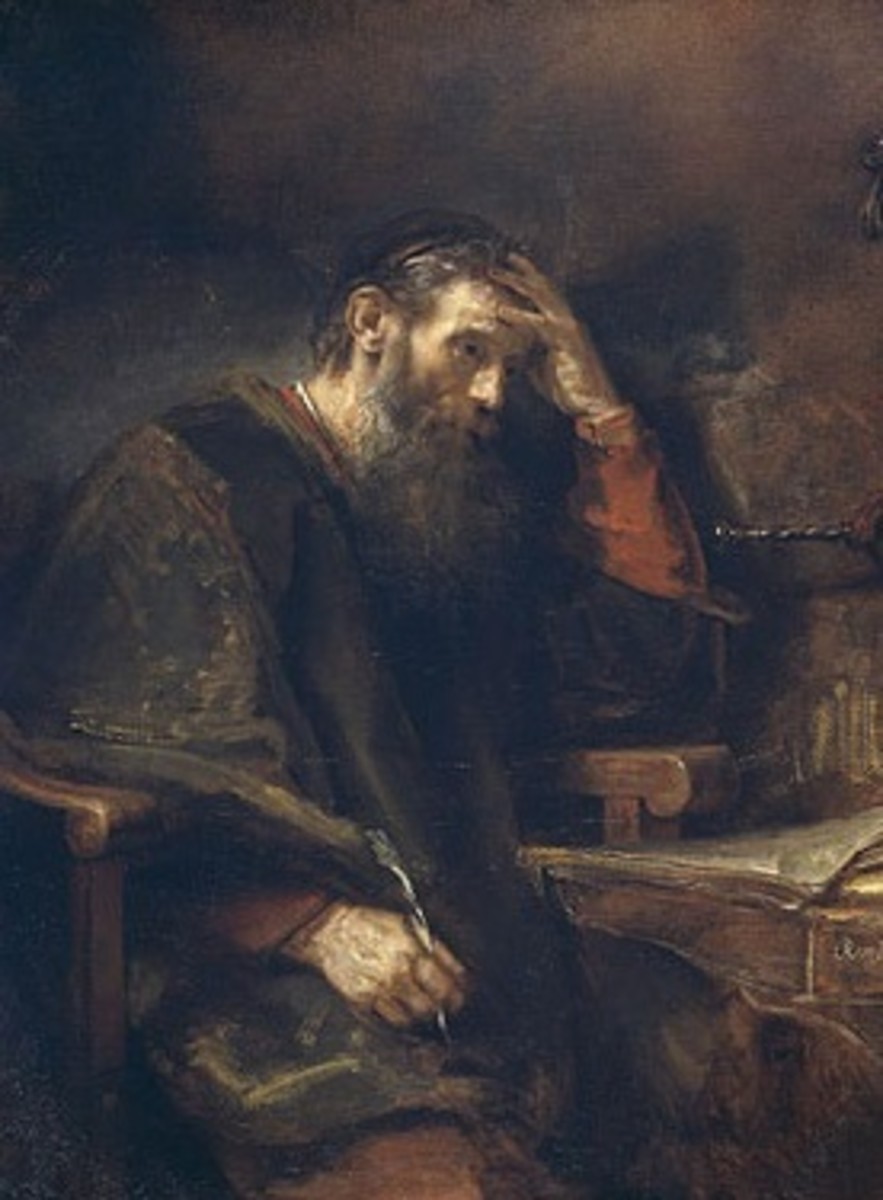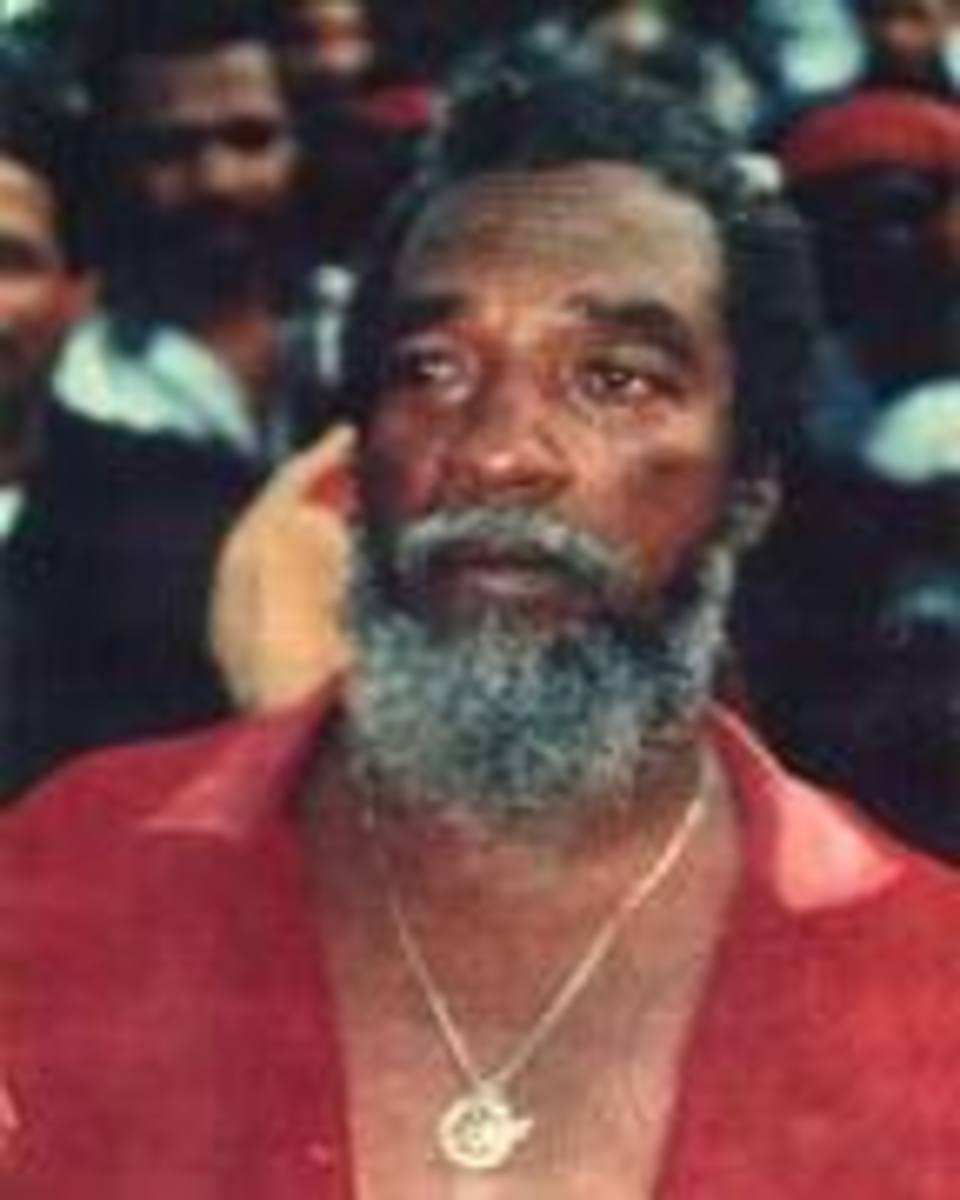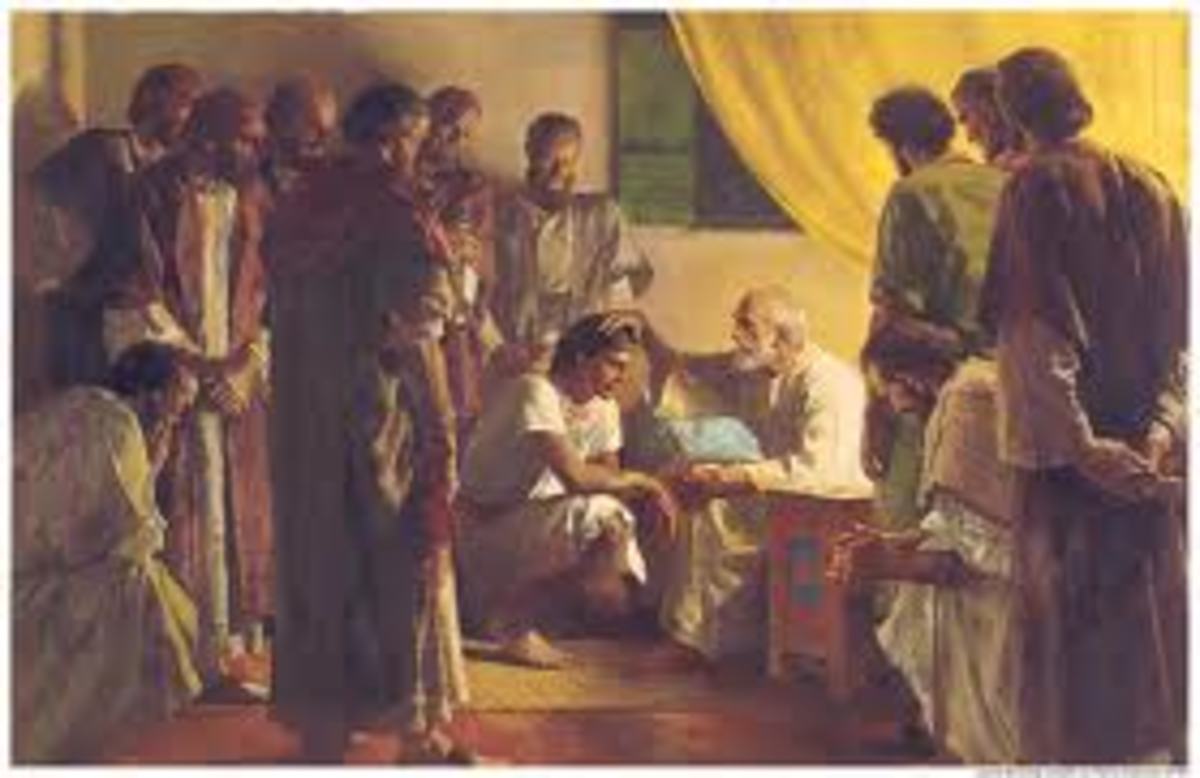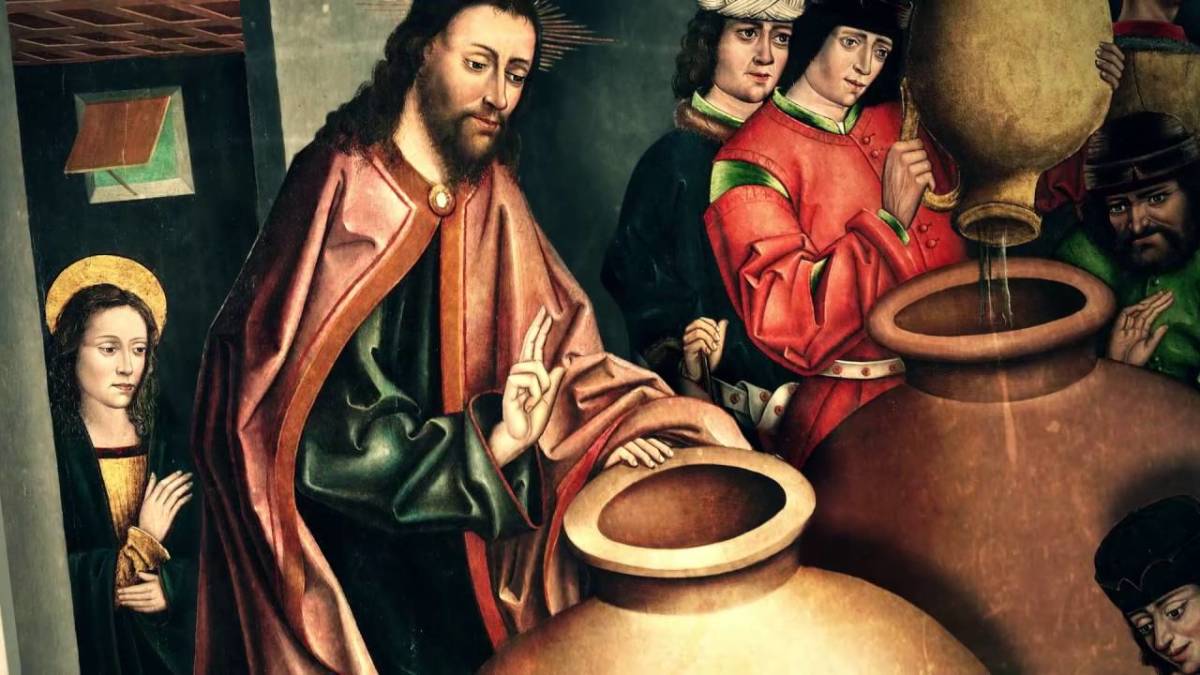Reestablishing the Twelve Tribes - Part 1
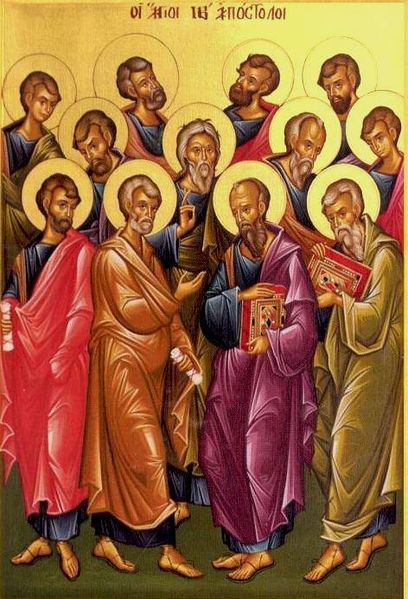
The Mountaintop Commission
In the 1981 comedy film written and directed by Mel Brooks entitled History of the World: Part I, Moses descends from the mountain after communing with God alone for forty days and forty nights. The people of God have been patient and anxiously awaiting his return. Moses carries with him, not two but three stone tablets with fifteen commandments that have been divinely chiseled by the finger of God. As soon as he emerges walking on the base of the mountain Moses cries out to the people, “Oh, the Lord Jehovah, has given unto you these fifteen…oy (Moses shouts as he stumbles and accidentally drops one of the divine stone tablets which shatters before him but immediately recovers from his human blunder saying)…ten! Ten commandments for all to obey!"[i]
In Luke 6:12-19, Jesus spent the whole night atop the mountain alone in prayer to God. The mountain symbolizes God’s majestic power and his Son’s nearness to him.[ii] His disciples have been anxiously awaiting his return. After his long communion with the Father, Jesus carries with him the divine ballot of his apostolic choice among all his disciples. The apostles were not to number ten like the commandments brought by Moses, but twelve like the number of the patriarchs or tribes in Israel.
Now during those days he went out to the mountain to pray; and he spent the night in prayer to God. And when the day came, he called his disciples and chose twelve of them, whom he also named apostles: Simon, whom he named Peter, and his brother Andrew, and James, and John, and Philip, and Bartholomew, and Matthew, and Thomas, and James son of Alphaeus, and Simon, who was called the Zealot, and Judas son of James, and Judas Iscariot, who became a traitor.
He came down with them and stood on a level place, with a great crowd of his disciples and a great multitude of people from all Judea, Jerusalem, and the coast of Tyre and Sidon. They had come to hear him and to be healed of their diseases; and those who were troubled with unclean spirits were cured. And all in the crowd were trying to touch him, for power came out from him and healed all of them.
We need to be mindful that in the previous passage, the religious authorities have just witnessed how Jesus revealed himself to be the “lord of the sabbath.” Their blind minds couldn’t see past Jesus breaking the sabbath law instead of restoring God’s divine purpose for that day of rest. They saw Jesus as a blasphemer who forgave sins (5:21), a sinner-collaborator who ate with the enemy (5:30), and a sabbath-breaker who healed on God’s day of rest. Jesus’ ways was the new wine that threatened to destroy their regulated wineskin way of life under their self-imposed human laws. And just as his own town’s people “were filled with rage” and drove him out of the town so they might hurl him of the cliff (4:28-29), likewise the religious authorities were “filled with fury” and conspired with one another how to destroy him (Mk 3:6; cf. Lk 6:11).
It has already been established that Jesus could discern the thoughts of people in that he “knew what was in everyone” (Jn 2:24-25). He possessed the power to perceive the people’s doubts in his hometown synagogue (4:23), he perceived the scribes and the Pharisees questionings in an overcrowded room (5:22), and he even knew what these religious leaders were thinking in another synagogue on the sabbath (6:8). If the crowd that followed him multiplied, so did his enemies. And their unfounded accusations against him felt like a hangman’s noose that was slowly tightening around his neck. It was high time that Jesus retreat to the mountain to pray that the movement he started would faithfully continue as the day of his death and departure from this world drew near. And it was on the mountaintop that Jesus chose twelve apostles from among a great crowd of his disciples.
Jesus chooses twelve disciples to be his apostles. In the Greek, the word apostolos means “authorized representatives.” Jesus’ choosing of these twelve apostles signals a divine judgment upon the religious authorities of Israel who misinterpreted Jesus’ message and mission in the world.[iii] His action of compassionate care for the needy caused them to see him as a careless collaborator of sinners and lawbreakers. These religious leaders are judged and set aside as Jesus reestablishes a new leadership[iv] in that the twelve apostles will authoritatively represent the twelve tribes of Israel. They are commissioned by Jesus to fulfill God’s original plan of salvation through the twelve tribes of Israel as the light of the world, the salt of the earth. They are to continue his work in seeking out and saving the lost (Lk 19:10).
The game of basketball is a big deal in the United States. In fact, at the time of the Olympics, players from the NBA are chosen by the committee and are sent to compete against the other nations. This handpicked basketball team is known as ‘The Dream Team.’ If you were on the US Olympic Committee and given the chance to choose men from the national roster of basketball players, who would you choose? Who should be the center? Who should play guard? It’s amazing how the most avid fans of this sport can come up with another ‘Dream Team’ list.
Jesus, on the other hand, was given God’s go-signal to choose twelve apostles from his large list of disciples to be with him. The obvious difference being that this selection was not set apart to compete in an Olympic event, rather to receive the baton of Israel’s leadership and continue in the divine race that the leader started. Who would you choose to carry out this sacred work? Who would you select to finish out this great race? Jesus didn’t choose any of the religious leaders of his day. He didn’t choose those who were well versed in the scriptures. He didn’t choose a scribe, a Pharisee, or a priest for this apostolic job. Jesus chose a little band of misfits. He chose twelve “uneducated and ordinary men” (Ac 4:13). He chose men who not only lacked human wisdom and power, but also did not possess a pedigree of noble birth (1 Cor 1:26). In 1 Corinthians 1:27-28 the apostle Paul wrote, “But God chose what is foolish in the world to shame the wise; God chose what is weak in the world to shame the strong; God chose what is low and despised in the world, things that are not, to reduce to nothing things that are, so that no one might boast in the presence of God.”
Jesus chose twelve men from varied walks of life. The first four namely Peter and Andrew, James and John were paired as brothers and known as fishermen. We can identify the following two apostles from the towns they came from as Philip was from Bethsaida (Jn 1:44) and Bartholomew meaning ‘son of Tolmai’ hails from the town of Tolmai (Jn 1:45). Matthew was formerly known as Levi and is further identified in Matthew 10:3 as the tax collector who gave a great banquet (5:29). Thomas is known as the one who doubted Jesus’ resurrection, James is differentiated from the first James mentioned, as the son of Alphaeus, Simon was called the Zealot, and Judas the son of James is differentiated with Judas Iscariot who became a traitor.
What’s so amazing is that Jesus not only chose these men, but also wove this ragtag outfit into a close-knit band of brothers. Jesus was able to see beyond their faulty characters and foolish ways. They couldn’t have been more opposite to each other. Peter was the loud mouth optimist (Mt 14:28; 26:33, 35), while Thomas was a lowbrow pessimist (Jn 11:16; 20:24, 25). Simon was a fanatical Zealot, a dagger man,[v] who wouldn’t have hesitated to cut the throat of Matthew, a hated tax collector and collaborator of Rome, if it weren’t for Jesus to have come between them. And who would have known that former fishermen like Peter and John or a former tax collector like Matthew would one day write down Jesus’ story in the books that we study today.
Continued in: http://hubpages.com/hub/Reestablishing-the-Twelve-Tribes-Part-2
Endnotes
[i] Mel Brooks, History of the World: Part I (Brooksfilm Ltd: Twentieth Century Fox Film Corporation USA, 1981).
[ii] I believe that Luke did not give us specifics in regard to this mountain’s location as did the authors of the Old Testament who identified the mountain Moses descended from as Mount Sinai (Ex 19:20) or the mountain upon which King Saul and his sons died in battle as Mount Gilboa (1 Sam 31:1). Rather than making a monument out of an important mountain location, we are to focus on the monumental decision of Jesus in praying and handpicking twelve men. Wasn’t it Jesus himself who avoided an unnecessary discourse with the Samaritan woman in regard to which mountain God should be worshiped (Jn 4:20): Mount Gerazim or the mountain in Jerusalem? In the previous passage regarding the sabbath, Luke did not give us specifics as to their times and dates. Rather he presented Jesus restoring God’s divine purpose for the sabbath rest and this act of restoration was applicable to any given sabbath from then on.
[iii] Joel B. Green, The International Commentary of the New Testament: The Gospel of Luke (Grand Rapids: William B. Eerdmans Publishing Co., 1997), 259.
[iv] Ibid.
[v] Donald B. Kraybill, The Upside-Down Kingdom (Scottdale: Herald Press, 1978), 53-54. Kraybill describes the Zealots, a subgroup known as “cutthroats” or “dagger men,” as assassins who did not hesitate to slit the throats of Romans, Jewish tax collectors, other collaborators of the Roman Empire.
© 2009, Gicky Soriano. All rights reserved.
Related hubs:
- Restoring the Sabbath Rest - Part 1
One Sunday morning, a mother went in to wake her son and tell him it was time to get ready for church. He replied, Im not going. Why not? she asked. Ill give you two good reasons,... - Restoring the Sabbath Rest - Part 2
In Luke 6:1 the phrase On another sabbath serves as a bookend that holds the previous Sabbath story and the following sabbath story side by side. On the one sabbath, the scribes and the...
Recommended reading:


